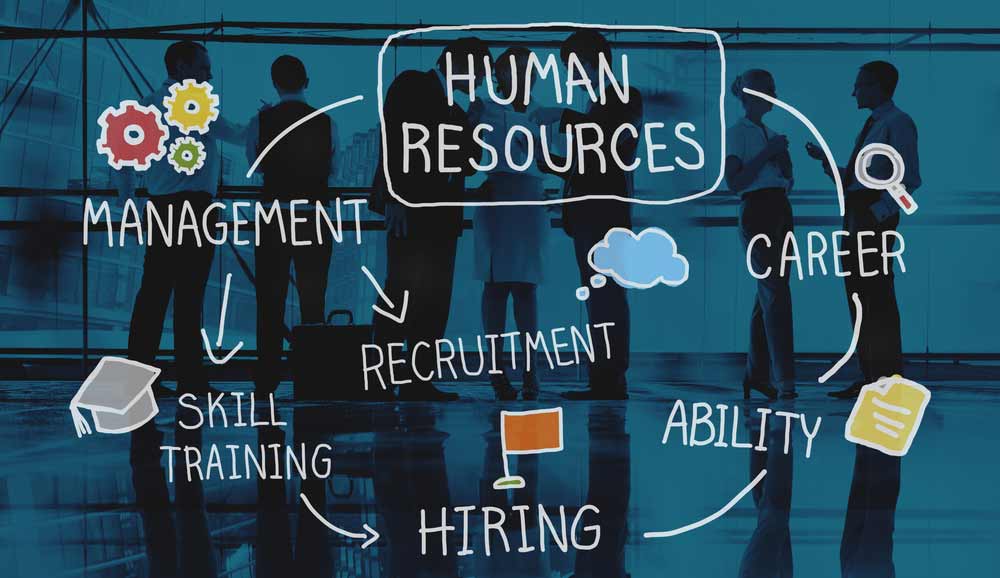Human resources (HR) is critical in any organization, as it is responsible for attracting, retaining, and developing talent. For HR to be effective, it is essential to constantly assess and improve processes and strategies. Below are ten strategies for enhancing HR effectiveness in your organization.
Align HR with Business Goals
HR should be aligned with the overall goals and objectives of the organization. This means that HR strategies and initiatives should support the achievement of these goals. One way to do this is by regularly communicating with senior leadership to understand the business priorities and how HR can help them.
Focus on Employee Development
Providing opportunities for employee development is crucial for retaining top talent and improving overall organizational performance. HR can support employee development through training programs, mentorship opportunities, and career advancement paths.
Streamline HR Processes
Complex and time-consuming HR processes can frustrate employees and drain HR resources. However, it is possible with HR software to become more efficient and effective by streamlining processes, such as onboarding, performance evaluations, and benefits administration.
Click here – Cloud VPS Hosting: All You Should Know
Foster a Positive Company Culture
A positive company culture is essential for attracting and retaining top talent. HR can play a crucial role in shaping culture by setting the tone for how employees are treated and should treat each other. This can be achieved through team-building events, recognition programs, and leadership development.
Emphasize Diversity and Inclusion
A diverse and inclusive workplace is essential for attracting and retaining top talent and improving decision-making and innovation. HR can support diversity and inclusion through targeted recruitment, diversity training, and the establishment of Employee Resource Groups.
Use Data to Inform Decision-Making
HR professionals can use data and analytics to inform decision-making and better understand employees’ needs and concerns. This can be achieved through employee surveys, focus groups, and the analysis of HR metrics, such as turnover and engagement rates.
Implement a Robust Performance Management System
A strong strategy can help employees understand their goals and how they fit into the organization’s larger mission. It can also help identify areas for improvement and support career development. HR can support a robust performance management system through regular check-ins, setting clear expectations, and providing feedback.
Click here – 5 Things To Do Before Bedtime
Communicate Effectively
Effective communication is essential for HR to effectively serve employees and drive organizational goals. This includes regular updates on company news, policies, and benefits, as well as open channels for employees to provide feedback and ask questions.
Foster a Positive Employer Brand
A positive brand can help attract top talent and improve employee retention. HR can support the development of a positive employer brand through employer branding campaigns and employee advocacy programs.
Stay Informed About Industry Trends
HR professionals must stay informed about industry trends and best practices to ensure that HR is continuously improving and staying relevant. This can be accomplished through professional development opportunities, networking events, and reading industry publications. By staying up to date on the latest trends and practices, HR professionals can ensure that they can effectively support the needs of the organization and its employees.
HR plays a critical role in the success of any organization. By implementing the strategies outlined above, HR professionals can enhance their effectiveness and better support the organization’s and its employees’ goals and needs. By aligning HR with business goals, focusing on employee development, streamlining HR processes, fostering a positive company culture, and emphasizing diversity and inclusion, HR can drive organizational success and create a positive work environment. Furthermore, using data to inform decision-making, implementing a solid performance management system, communicating effectively, fostering a positive employer brand, and staying up to date on industry trends keep remote teams running effectively. In addition, by continuously assessing and improving processes, HR can ensure that it meets the organization’s and its employees’ changing needs.






